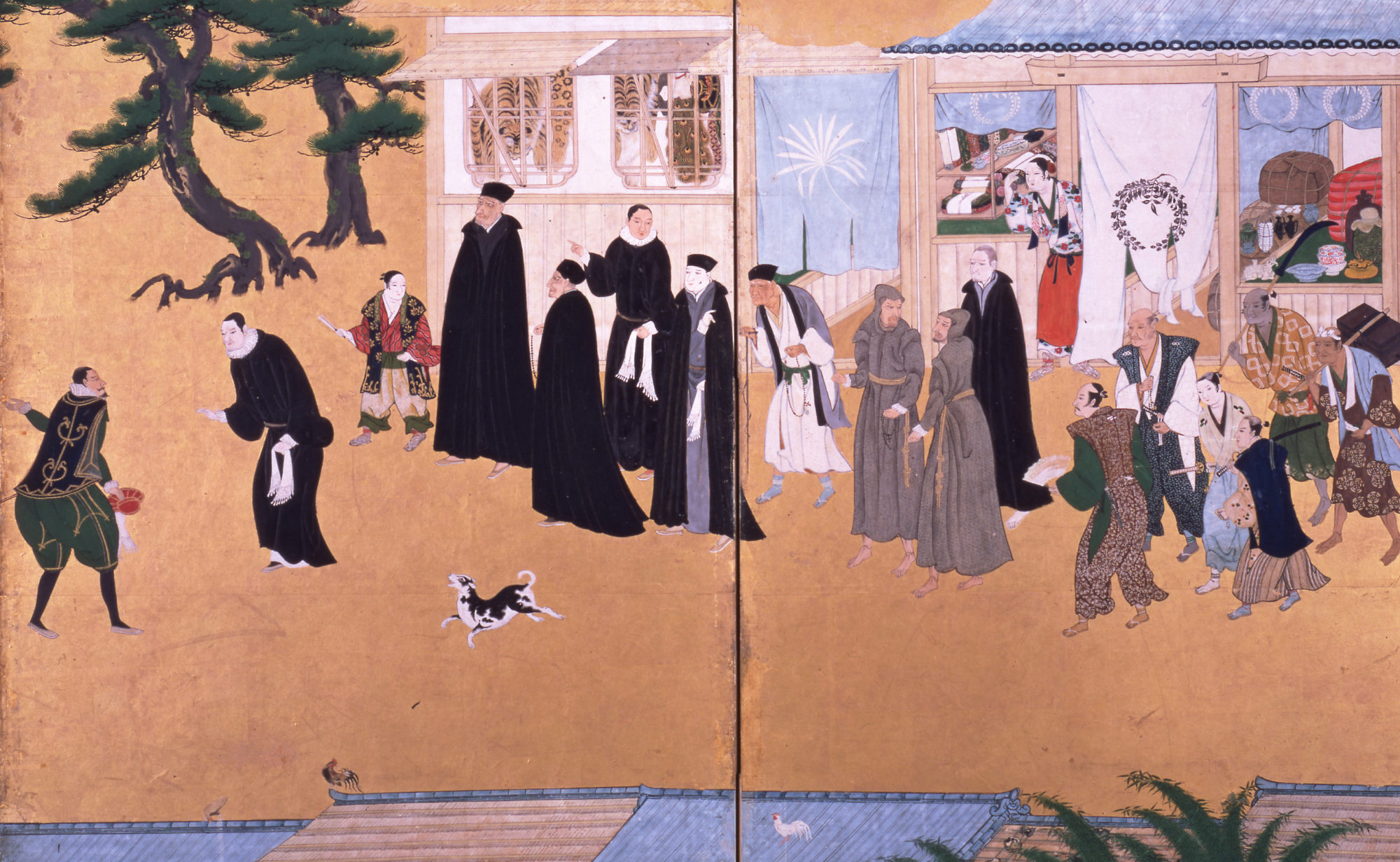Christianity was introduced in Japan by the Jesuit Francis Xavier in 1549. Upon his arrival, he was struck to learn that the local Buddhist monks denied the possibility of life after death. For his evangelical activity, Xavier opted to emphasize the doctrine of the immortality of the soul, which was determined as an article of faith at the Fifth Lateran Council (1513). The Jesuits who followed him continued to work in this direction. Several important studies have shown that Europe saw lively debates on the doctrine of the immortality of the soul among religious orders and leading philosophers during the Renaissance. Disputes on the same issue between the Jesuits and the Japanese Buddhists show a striking parallel. This paper will thus address the religious and cultural encounter between the West and Japan in this period.
